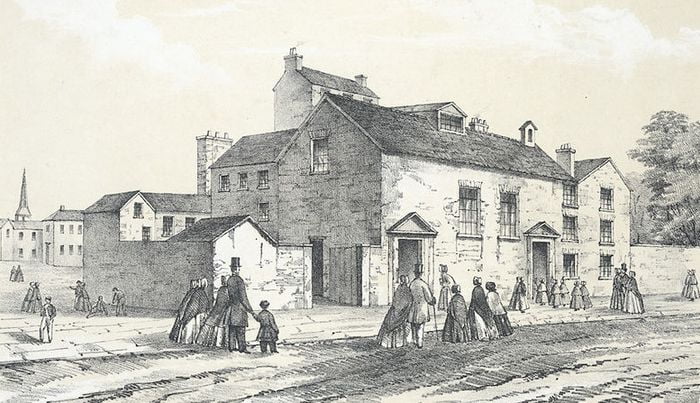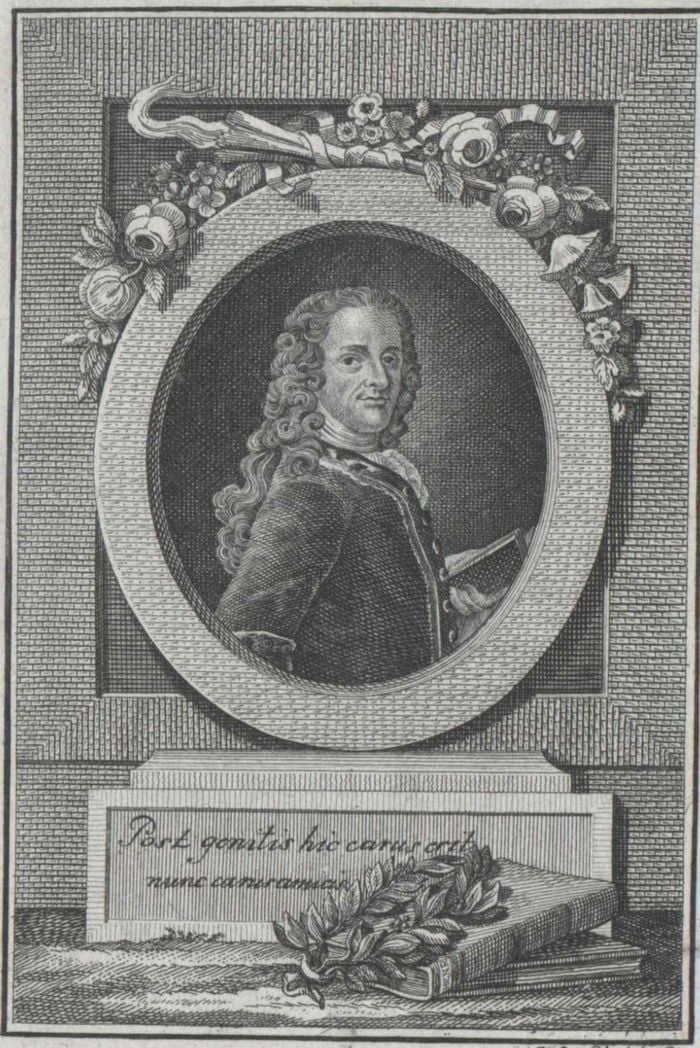No head was lifted or eye turned to notice the vagrant seated on the sidewalk. But when the train had passed he rose, laid his mattock and spade across his shoulder, and stepping out into the street, fell into line at the end of the procession.
They moved down Short Street to the old burying-ground, where the Baptist churchyard is to-day. As they entered it, two grave-diggers assed out and hurried away. Those before them had fled. They had een at work but a few hours. Overcome with horror at the sight of the dead arriving more and more rapidly, they, too, deserted that post of peril. No one was left. Here and there in the churchyard could be seen bodies awaiting interment. Old King Solomon stepped quietly forward and, getting down into one of the half-finished graves, began to dig.
The vagrant had happened upon an avocation.
Advertisement
All summer long, Clatterbuck `s dancing-pavilion was as silent in its grove of oaks as a temple of the Druids, and his pleasure-boat nestled in its moorings, with no hand to feather an oar in the little lake. All summer long, no athletic young Kentuckians came to bathe their white bodies in Hugh Lonney `s new bathhouse for twelve and a half cents, and no one read Daukins Tegway `s advertisement that he was willing to exchange his Dunstable bonnets for flax and feathers.
The likely runaway boy, with a long, fresh scar across his face, was never found, nor the buffalo bull roasted for Daniel Webster, and Peter Leuba `s guitars were never thrummed on any moonlit verandas. Only Dewees and Grant were busy, dispensing, not snuff, but calomel.
Grass grew in the deserted streets. Gardens became little wildernesses of rank weeds and riotous creepers. Around shut window lattices roses clambered and shed their perfume into the poisoned air, or dropped their faded petals to strew the echoless thresholds. In darkened rooms family portraits gazed on sad vacancy or looked helplessly down on rigid sheeted forms.
In the trees of poplar and locust along the streets the unmolested birds built and brooded. The oriole swung its hempen nest from a bough over the door of the spider-tenanted factory, and in front of the old Medical Hall the blue-jay shot up his angry crest and screamed harshly down at the passing bier. In a cage hung against the wall of a house in a retired street a mocking-bird sung, beat its breast against the bars, sung more passionately, grew silent and dropped dead from its perch, never knowing that its mistress had long since become a clod to its full-throated requiem.
Read More about Apologia of St John Damascene Against those who Decry Holy Images Part 60








